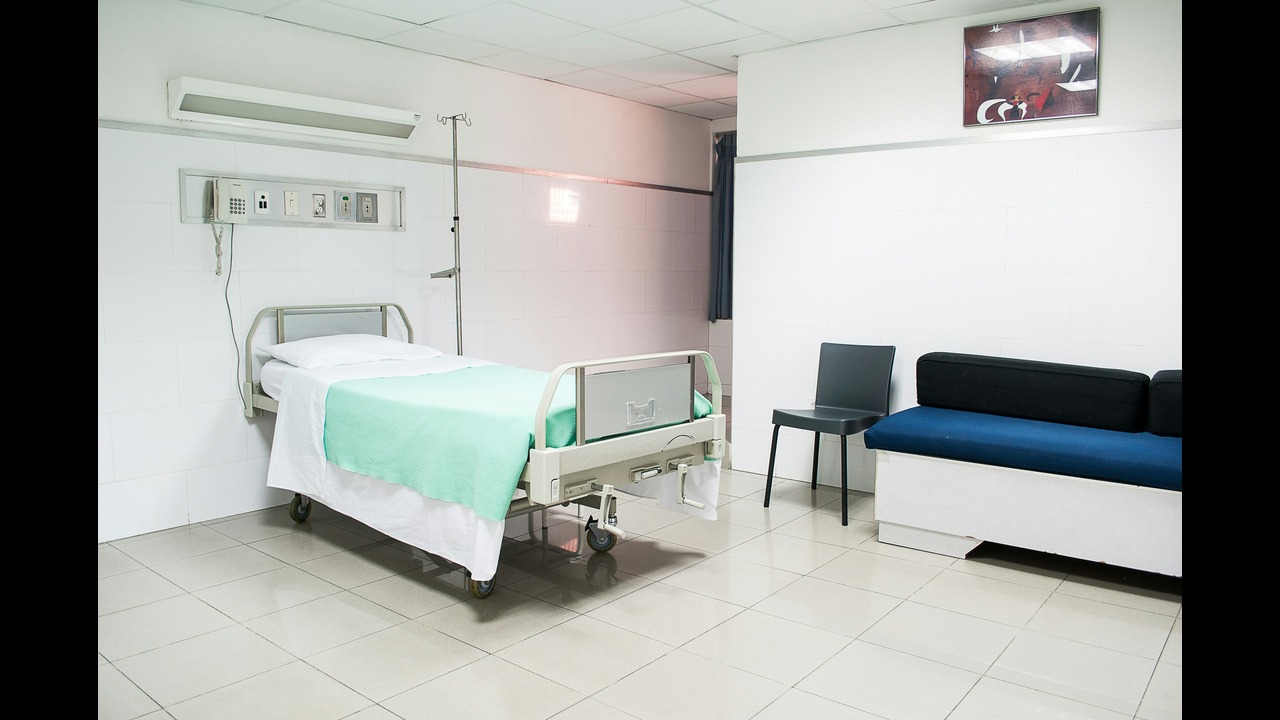
A Systematic Review of the Effectiveness and Cost-Effectiveness of Palliative Care
Assessments of the effectiveness and cost-effectiveness of palliative care are often muddled by confounding and selection bias.

Assessments of the effectiveness and cost-effectiveness of palliative care are often muddled by confounding and selection bias.

A new study explores physician tenure and clinical productivity in the Veterans Health Administration.

A recent study compared prescribing trends of High Risk Medications between Medicare and Medicare Advantage. Here is what they found.

Bringing community care back to the VA may begin with expanding VA emergency care.

A new policy brief from PEPReC highlights the relationship between physician base salary and time to fill at the Veterans Health Administration.

The PACT Act of 2022 was enacted as a means of extending health care and benefits to more Veterans and survivors.

Section 401 of the MISSION Act requires VHA to identify and mitigate underservedness, a comprehensive assessment of access to care.

These workforce guidelines aimed to improve Veterans’ timely access to care through data-driven staffing strategies and work to address demands in primary and specialty care services.

PEPReC published a new policy brief exploring how its strength of evidence checklist has changed since its inception, how it has been deployed, and how it might be used in the future.

The strength of evidence checklist helps VHA make evidence-based policy and budget decisions.

Recent PEPReC research explored connections between local post-discharge care options and hospital readmission rates, offering helpful health care policy insights.

New research suggests that using medical record viewer technology reduces duplicate, unnecessary imaging for Veterans.